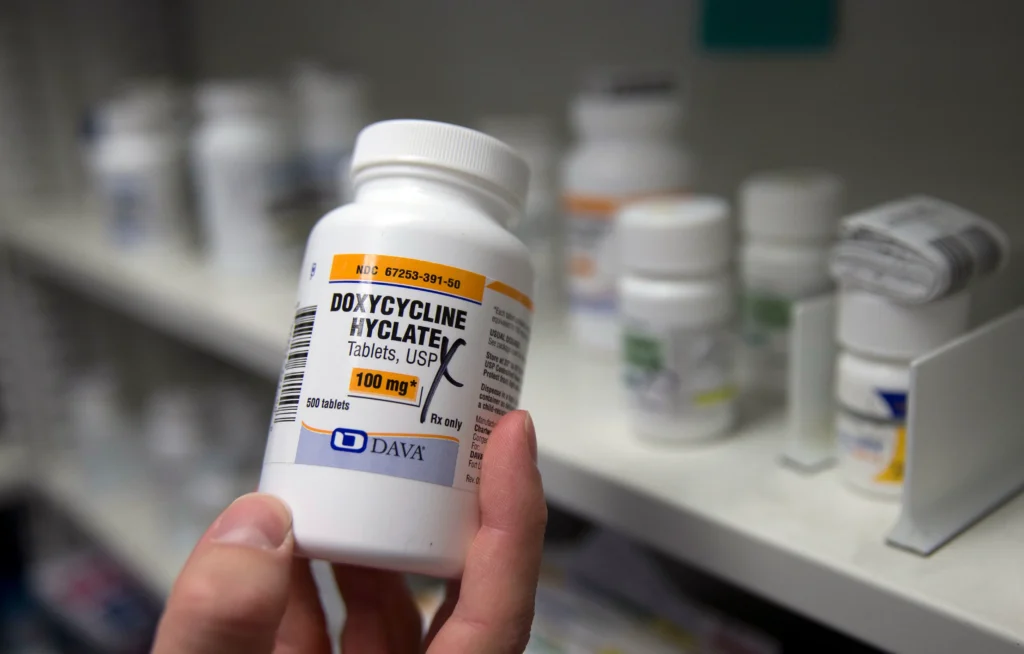
Why STIs Matter
Sexually transmitted infections (STIs) are very common. In fact, around 1 in 5 adults are thought to have an STI at any given time. These infections can affect anyone who is sexually active and, if untreated, may lead to serious health problems such as infertility, pelvic pain, pregnancy complications, or increased risk of HIV.
Symptoms of Sexually Transmitted Infections
Many people with STIs have no symptoms at all – which is why regular testing is so important. When symptoms do appear, they may include:
- Pain or burning when passing urine
- Unusual discharge from the penis or vagina
- Sore throat, rectal pain, or bleeding after sex
- Lower abdominal or pelvic pain
- Genital ulcers, blisters, or rashes
Because many infections are silent, the safest approach is to have routine testing rather than waiting for signs.
The Role of STI Testing
The good news is that testing is straightforward and highly accurate. Common tests for sexually transmitted infections include:
- PCR (Polymerase Chain Reaction) tests / NAATs – the gold standard. These detect the DNA of bacteria or viruses such as gonorrhoea, chlamydia, Mycoplasma genitalium, trichomonas, and herpes with very high accuracy.
- Swabs or urine samples – quick and easy, depending on the site of possible infection.
- Blood tests – used mainly for syphilis and HIV.
- Culture tests – sometimes used for gonorrhoea to check which antibiotics will still work, especially if resistance is suspected.
At OneMedicine, these tests can often be completed discreetly and results are usually available within 24–72 hours.
Treatments That Work – But Resistance Is Growing
Most STIs are treatable with antibiotics or antivirals:
- Gonorrhoea – usually treated with an injection of ceftriaxone.
- Chlamydia – doxycycline for 7 days.
- Syphilis – penicillin injection.
- Mycoplasma genitalium – a course of doxycycline followed by another antibiotic if needed.
- Trichomonas – metronidazole or tinidazole.
- Genital herpes – antiviral tablets can control outbreaks, but there is currently no cure.
However, some infections are becoming resistant. The biggest concern is gonorrhoea, where “super bug” strains no longer respond to common antibiotics. This makes regular screening and correct treatment more important than ever.
Protecting Yourself and Your Partners
You can lower your risk of STIs by:
✔ Using condoms consistently
✔ Having regular STI checks if you have new or multiple partners
✔ Making sure your partners are also tested and treated
✔ Seeking medical advice promptly if you notice any symptoms
The Bottom Line
STIs are common, often silent, and sometimes difficult to treat due to rising resistance. The most important steps you can take are regular testing, early treatment, and prevention. PCR testing and other modern methods make it easy to find infections early, so you can protect your health and that of your partners.
At OneMedicine in Birmingham, we provide confidential, reliable tests for sexually transmitted infections with same day results and discrete, professional care.
















